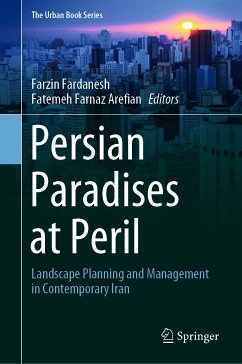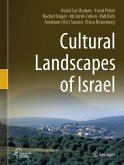- The sphere of knowledge and theoretical bases, including a survey of recent and ongoing research;
- Persian gardens remaining from the 6th century BC to the 19th century AD, which have influenced garden design in a vast geographic domain extending from India to Spain;
- Management and conservation of cultural landscapes, historic urban landscapes (HUL), and natural landscapes in the face of changes in climatic conditions and livelihood practices affecting their delicate dynamic balance and functions essential to their distinctive character; and
- Historic Territorial Landscapes (HTL) formed and evolved along the Silk and Spice Roads as compositions of tangible and intangible elements resulting from movement, exchanges and dialogue in space and over time.
Dieser Download kann aus rechtlichen Gründen nur mit Rechnungsadresse in A, B, BG, CY, CZ, D, DK, EW, E, FIN, F, GR, HR, H, IRL, I, LT, L, LR, M, NL, PL, P, R, S, SLO, SK ausgeliefert werden.









